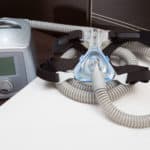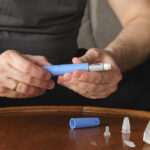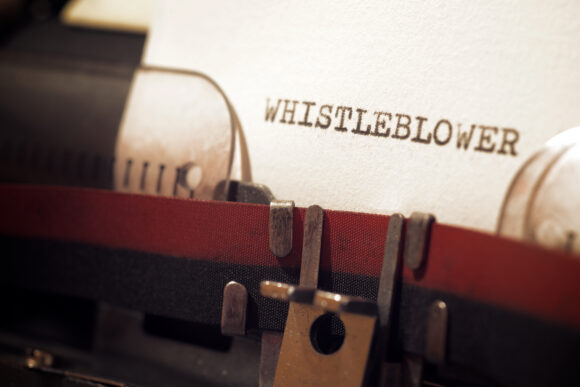History-making results
View ResultsPrior results do not guarantee or predict a similar outcome in any future matter.
We bring big cases to trial
When hundreds—or thousands—of people file similar lawsuits across the country, those cases can be combined into a single matter: multidistrict litigation. Seeger Weiss not only focuses in this complex area of law, we’re leaders in the field.
What people have to say about us
The settlement has significantly impacted my life and future financial security. It will allow me to maintain and enjoy my quality of life in my new home near my daughter for an extended time.
former client Linda J.I am so very thankful to the Seeger Weiss law firm for their dedication and support ...
former client Bernard S.Seeger Weiss made sure I was taken care of.
former client Keith M.They treated me not as a client, but as family.
former client Debbie D.Recognized for excellence




Regularly appointed to leadership positions, Seeger Weiss doesn’t just participate in these large-scale cases—we help direct them. According to both journalistic and scholarly sources, our attorneys receive among the most leadership appointments of any law firm in the country.
Seeger Weiss faces down the biggest and best-funded corporations in the world—Merck, Volkswagen, 3M, Syngenta—and gets results for the people they’ve injured.
The cases Seeger Weiss works on are often in the news because they affect thousands and sometimes even millions of people. We work on issues that matter, and the stakes couldn’t be higher, from the opioid epidemic to PCBs & PFASs in our environment.
Complex litigation can take many years to resolve. Seeger Weiss has the resources and experience to see these cases from beginning to end—and to push for a satisfactory conclusion with all possible speed.
Current Investigations
Seeger Weiss is currently investigating these matters. If you think you have a case, get in touch today for a free consultation.
The client experience
Many of our clients never thought they’d file a lawsuit, much less find themselves in the middle of one. But when faced with clear wrongdoing, each took the brave step towards ensuring justice for everyone who suffered from that same wrongdoing and towards preventing what happened to them from happening to anyone else. It is work we’re proud to take up on their behalf, and we’re here to guide them through it.

Are we taking your case? We’ll evaluate and let you know.

We only become your lawyer when you sign an agreement retaining us as your legal counsel. Clients never pay out-of-pocket for contingency services. We are only paid if you win.

We will ask for paperwork like medical records to help build your case.

This is not always a fast process, but we will work our hardest to ensure a speedy and successful resolution—whether that happens via a trial or a settlement.














